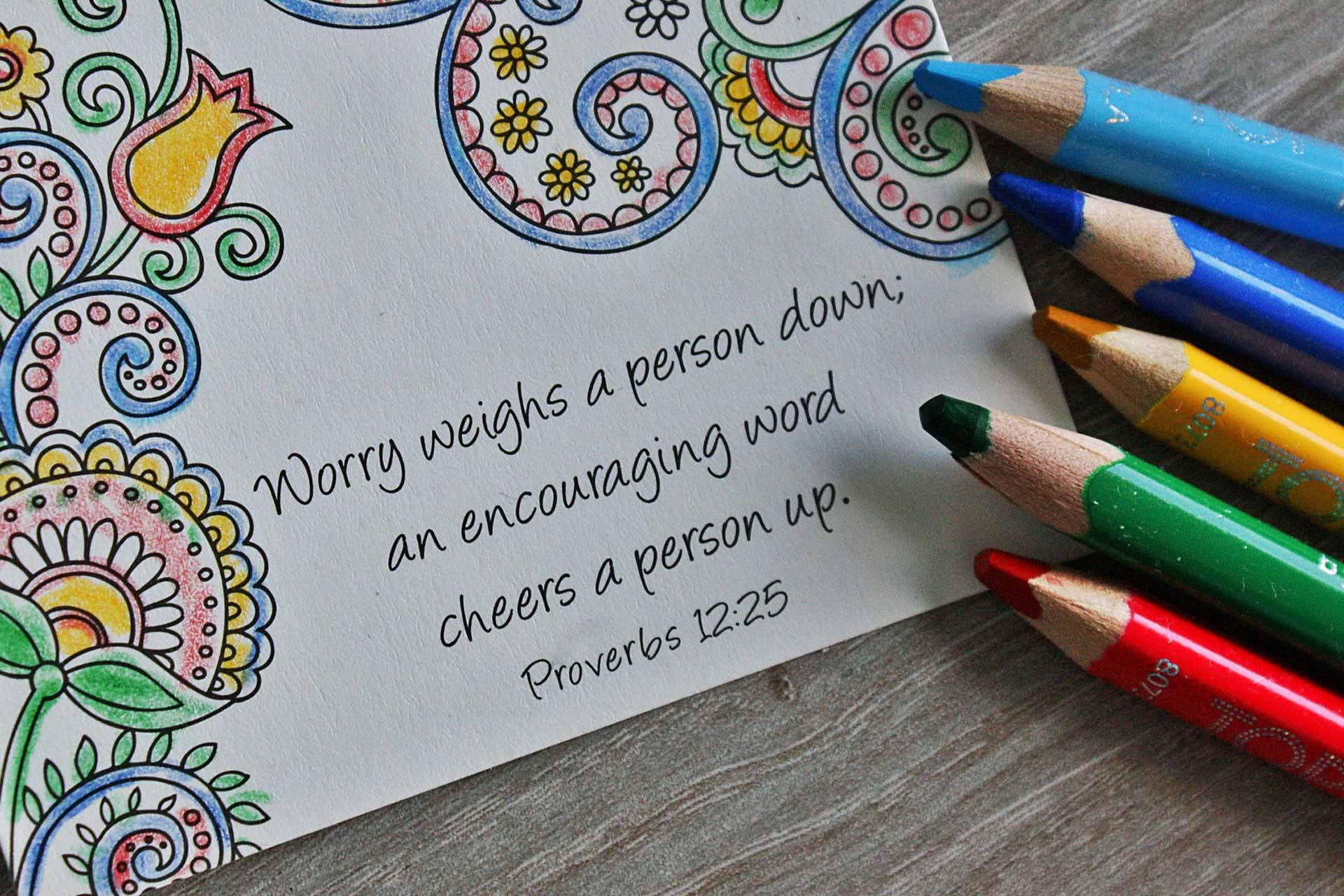Perfectionism and the Fear of Failure
In a society that often equates success with flawlessness, it’s easy to develop a crippling fear of failure. However, failure is not the enemy; it’s a stepping-stone to success. Every successful person has experienced failure at some point in their life. However, it is easy for this to lead to perfectionism. Dealing with Perfectionism and the Fear of Failure People learn, grow, and ultimately achieve their goals through failure. Embracing failure as a natural part of the learning process allows us to take risks, push our boundaries, and ultimately reach our full potential. Embrace a beginner’s mindset It’s okay to be a beginner. Everyone starts somewhere. The most successful people are willing to learn, grow, and adapt. Embracing a beginner’s mindset allows us to approach new challenges with curiosity and openness rather than fear and anxiety. Remember, every expert was once a beginner. One of the attitudes that beginners often have is curiosity. They are open to new ideas and trying out different possibilities. A fixed mindset is unwilling to try other things, while a curious mindset is open to many options when learning. Embrace the journey The process of learning and growing is just as valuable, if not more so, than the result. You develop resilience, perseverance, and a strong work ethic through the process. Focusing solely on the end result can lead to disappointment and frustration, while appreciating the journey allows you to find joy and fulfillment in pursuing your goals. If you are looking at arrival as the point, then you are setting yourself up for disappointment. Embrace God’s perfect gifts Perfectionists can easily become trapped in a mindset that God wants them to be perfect. This can lead to a troubling view of God, one with high expectations. God meets all people where they are, and [...]







